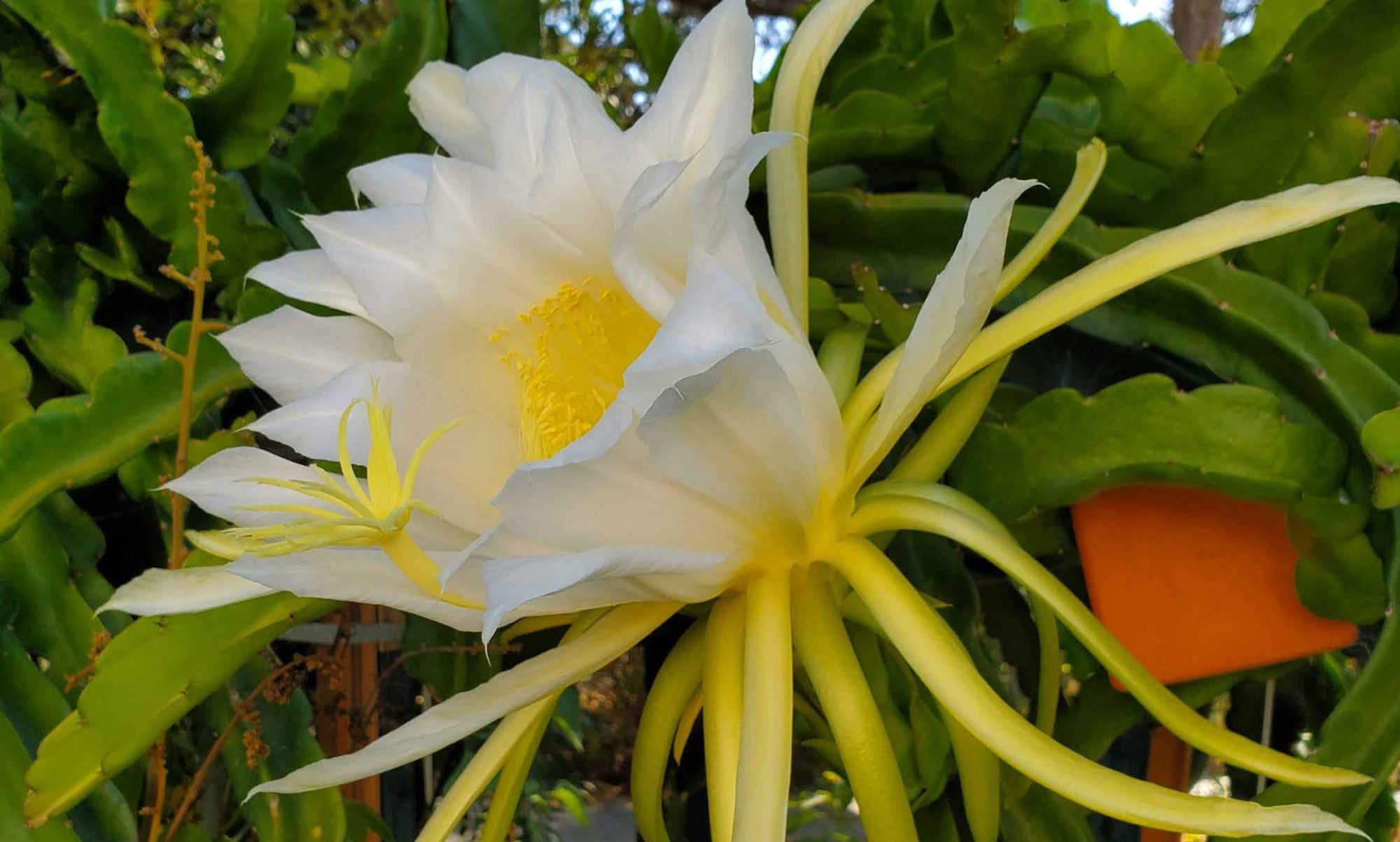Based on the turnout, the many questions at the end and then the requests for a link to the video of the Zoom, our meeting on Soil Science and Myth Debunking for Gardeners has to be on of our most popular meetings ever!
Many thanks both to Robert and to our Program Chair Deborah for setting up the meeting. There was a world of wonderful information in it for all of us. The notion of mobile vs immobile nutrients was a total revelation to me.
As a long time (50+ years) organic grower, however, I feel obligated to set the record straight on some issues around chemical vs organic fertilizers. Putting aside the whole issue of synthetic fertilizers’ impact on the biome of our soil (for example, its deleterious effect on earthworm populations), please keep in mind that Robert’s home is in Guelph, Ontario (Canada, not California!) which means his growing season is 3-4 months long. Our growing season of course is basically endless. On top of that, most of his writing is on annual crops like tomatoes. We on the other hand focus primarily on tree crops and other perennials. Even rhubarb (hah, had to get that in there somewhere) has become a perennial crop for us. As a result, the relatively long slow release of organic fertilizers is a plus for us, not a minus. Except for what we grow in pots, this means we can fertilize once or twice a year and be done. In Guelph, they have to get those plants up, bearing and harvested in a matter of weeks. Hence the emphasis on super quick release fertilizers with the ever-present risk of over-fertilization and plant burn..
I should add, moreover, that our speaker’s claim that organic fertilizers take years to be available to plants is simply untrue. I had my first large-scale organic garden in Waterbury Vermont which is in fact north of Guelph and I fertilized my tomatoes, corn, eggplants, beans, etc. exclusively with aged cow manure and granite dust and the plants exploded out of the ground. Even cottonseed meal, which is considered a slow-release organic fertilizer, makes its nitrogen, phosphorus and potassium available to plants in 1 to 4 months. Plus, it acidifies, which in our alkaline soil and water is a definite benefit.
It is true that rock powders can be very very slow releasers and bottom line – with our alkaline soil – mostly unavailable to plants here. But rock powders are traditionally employed as sources of Phosphorus and Potassium, two parts of the NPK triad which we probably don’t need. I will admit that – when I ran my first serious soil test in years this past fall — my yard’s abundance of Potassium was sort of a shock to me. But almost all Left Coast soils have a ton of Phosphorus and don’t need any supplementation of that at all.
All of which is a long way of saying: leaven any experts’ dicta on how you should grow with your own experience, or the experience of your fellow CRFG-ers. Virtually all of the members you most respect (you know who they are) use only organic fertilizers. Some of them, in fact, have so skillfully amended their soil with compost over the years that they don’t need to fertilize at all. Learning things like this is why we love to share our gardens, successes and failures. Grow on!
Signed, Your Humble Ottoman
